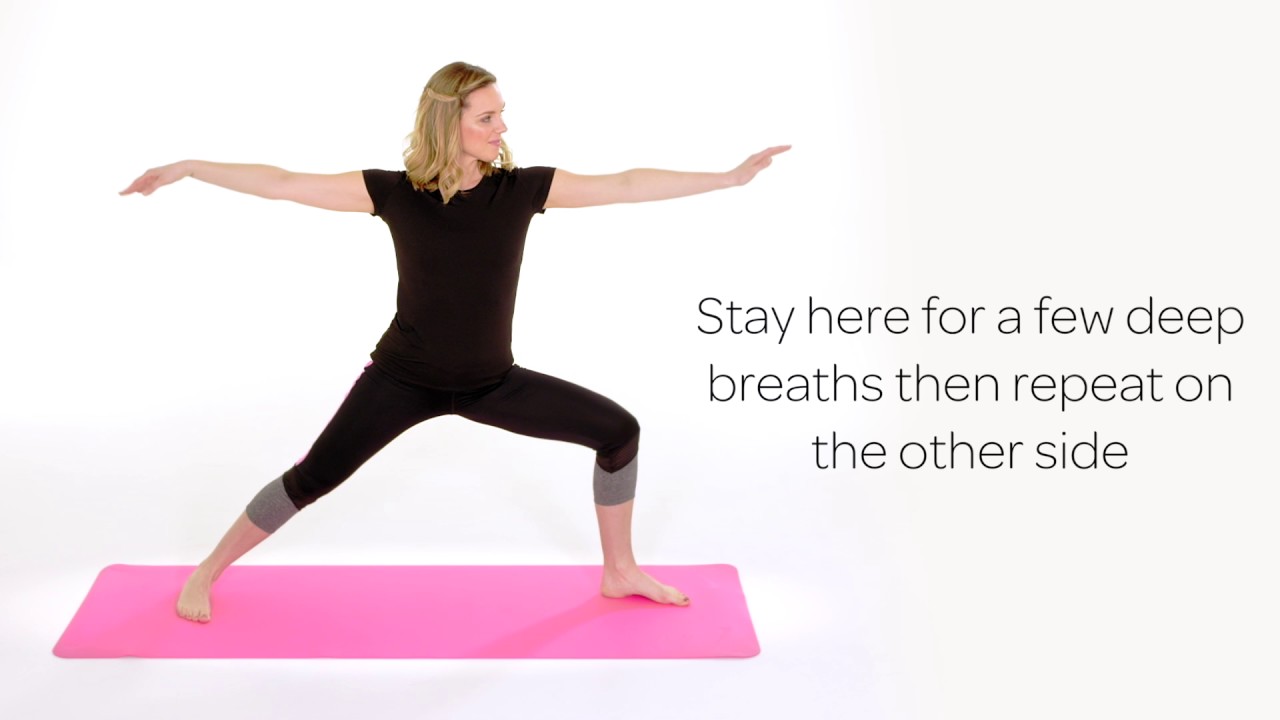
Although hot yoga can improve your overall health, many people find it difficult and uncomfortable. Preparing yourself before starting a hot yoga class is the best thing you can do. Also, it is important to drink lots and lots of fluids, especially after a workout. It can be very difficult for the room temperature to change quickly. This is a common issue with hot yoga. However, there are some easy ways to prevent it.
Hot yoga can aid in increasing bone density. The elevated temperatures in this style encourage greater bone density. Hot yoga can slow down the effects on bone density that age can have on older adults. For women suffering from premenopausal osteoporosis hot yoga may be beneficial as it can increase bone strength. Regardless of the benefits of practicing yoga, it may not be for everyone.

Hot yoga can help you lose weight and strengthen your core. Hot yoga can also improve the quality of your day. Those who suffer from seasonal depression report that the exercise helps them feel better in warmer weather. For beginners, yoga can be challenging and exhausting. The most important thing to do is listen to your body and practice yoga regularly. It can help improve your health and make you more active.
Hot yoga can be described as regular yoga. However, it is done in a room heated to 78 degrees Fahrenheit. This temperature is "lightly heated". This style aims to improve cardiovascular health by focusing on movement and breath. For those who are new to hot yoga, it is important to start slow and build up to a high level of physical and mental health. Hot yoga can bring you many of these same benefits as regular practice.
It is best to do yoga at least 2 hours before class. For Bikram yoga, a hot room is ideal for the practitioner to avoid causing damage to their bodies. This style of yoga can be used to improve fitness and health. It is possible to feel dehydrated or suffocated in a hot space. A studio that is at the right humidity level is the best place to do the exercise.

In Hot Vinyasa, the emphasis is on concentration and patience. You will develop patience and focus as you move from one position to another. You will develop your physical strength and flexibility. This will improve your health. Your muscles will be more able to adapt to rising temperatures. It is important to remember that yoga is not a competition and should not be done as often as possible. Pre-existing conditions are not suitable for yoga.
FAQ
Why is mental well-being important?
Work, play. Learn. And love. Our mental health is a reflection of our overall well-being. We're referring to physical, psychological, social, spiritual, and environmental factors that impact us daily. There are many ways you can take care of yourself mentally, emotionally, spiritually and socially. You don’t have to do it all. Just get started!
The first step towards improving your mental health is understanding where you stand now. Take this quiz to find out if you're doing enough to support your mental health. If your score is low you might need to change your lifestyle.
Let's say you got a high score. Congratulations! Here are some things you can do that will help improve and maintain your mental health.
-
Get enough sleep A good night's sleep is essential for keeping your brain healthy and sharp. The American Academy of Pediatrics (AAP) recommends that you get at least 7-8 hours of sleep each night.
-
Exercise Regularly. Exercise releases endorphins, which make you happier and less likely stress. Aim for 30 minutes of exercise five times per week.
What is positive psychology and why is it important?
Positive psychology emphasizes what makes us feel good about ourselves. This includes happiness, optimism, gratitude and hope. Positive psychology aims to make people happier, healthier, more wiser, and better through self-improvement.
Two types of positive psychology exist: trait positive psychology (or process positive psychology). Trait positive psychology studies how people naturally tend to behave. Study positive psychology to learn how you can use specific strategies in order to achieve your goals.
How can I improve my mental wellbeing?
Everyone needs mental health, especially when we feel stressed at work, school, home, or family. You can improve your mental health by exercising regularly, eating healthy foods, sleeping well, and spending quality time with family members. Exercise releases endorphins that make us feel happier. A healthy diet is important for our bodies to function properly. Good sleep gives us energy all day. Spending time with our loved ones is a great way to improve our relationships, and it reduces stress.
How can you tell if you are suffering from a mental illness or not?
Persons may be diagnosed with mental illness if they have symptoms that are disruptive to their daily life. There are many symptoms of mental illness. The most common symptoms of mental illness are sadness, anger, guilt, hopelessness and loneliness.
A person could also be diagnosed with mental disorders if they meet the following criteria:
-
Disturbed thoughts and feelings
-
Be disturbed
-
Disturbance in functioning
-
Impairment in the ability to relate to others
Statistics
- More than 40 million adults in the United States have an anxiety disorder, but less than 37% of people seek mental health treatment for their symptoms. (talkspace.com)
- More than 50% will be diagnosed with a mental illness or disorder at some point in their lifetime.3 (cdc.gov)
- Neuropsychiatric diseases are the leading cause of death and disability in the U.S., accounting for 18.7 percent of all years of potential lifespan loss and premature mortality.
- In any given year, an estimated 18.1% (43.6 million) of U.S. adults ages 18 years or older suffered from any mental illness, and 4.2% (9.8 million) (healthypeople.gov)
- Similarly, while there is some agreement about the boundaries of typical mental disorders 2, there is likely less agreement about those for positive mental health. (ncbi.nlm.nih.gov)
External Links
How To
How to Handle Stress
Stress is a natural part of our lives. But when we feel stressed, it's important to find ways to relax. Stress can affect every area of your life. It can cause headaches and other physical problems, such as neck pain, backache, stomach pain, nausea, vomiting, diarrhea, constipation (insomnia, depression), anxiety, mood swings, muscle spasms, and stomach pain. You may even develop ulcers if you're under chronic stress.
There are many options to reduce stress. Exercise increases endorphin release, which can make you happy and relaxed. Meditation reduces stress levels by helping you slow down and take deep breaths. Yoga is another excellent way to lower stress levels and improve overall health.
Stress management is best done by learning how to control it and then eliminating it entirely. Ask someone who is experienced to help you.